The Symbolism Behind the Pay Us What You Owe Us Social Justice Shirt
The Pay Us What You Owe Us Social Justice Shirt carries deep meaning, rooted in historical and contemporary struggles for justice. It’s a call to acknowledge and rectify economic disparities that persist across generations.

A Historical Perspective on Reparations
Reparations are not a new concept. From the transatlantic slave trade to discriminatory policies like redlining, systemic economic oppression has left lasting scars.
The shirt’s message echoes demands for restitution, whether through formal reparations or corporate accountability.
By wearing it, individuals align themselves with movements like Black Lives Matter and labor rights campaigns that seek overdue compensation.
The Role of Fashion in Activism
Clothing has always been a medium for protest—from suffragette sashes to Black Power fist tees.
The Pay Us What You Owe Us Social Justice Shirt continues this tradition, turning bodies into billboards for change.
Unlike passive slogans, this shirt demands action, making it a tool for education and solidarity.
Personal Empowerment Through Advocacy
Wearing this shirt isn’t just about making a statement—it’s about reclaiming agency.
For many, it’s a way to assert dignity in the face of systemic neglect.
It also fosters community, as wearers recognize each other as allies in the fight for economic justice.
How to Use the Pay Us What You Owe Us Social Justice Shirt Effectively
To maximize its impact, the Pay Us What You Owe Us Social Justice Shirt should be worn intentionally. Here’s how to leverage its power in different settings.
At Protests and Rallies
In marches, the shirt serves as a unifying symbol.
Pair it with signs or chants to reinforce the message visually and audibly.
It also helps media easily identify and amplify the cause.
In Everyday Life
Casual wear keeps the conversation going outside formal protests.
Be prepared to explain its meaning when asked—this turns casual encounters into teachable moments.
It’s especially powerful in professional settings where economic disparities are stark.
On Social Media
Share photos wearing the shirt with relevant hashtags.
Use captions to educate followers about reparations or wage gaps.
Tag organizations or influencers who can help spread the message further.
Comparisons: How This Shirt Stacks Up Against Other Activist Apparel
Not all protest clothing is created equal. The Pay Us What You Owe Us Social Justice Shirt stands out for its directness and urgency.
Versus Generic Slogan Tees
Many shirts feature vague phrases like “Equality Now” or “Be the Change.”
While positive, they lack the specific demand for economic justice that this shirt embodies.
Its clarity makes it harder to ignore or misinterpret.
Versus Symbolic Imagery
Some activist shirts rely on imagery, like raised fists or broken chains.
These are powerful but may require cultural context to understand fully.
The Pay Us What You Owe Us Social Justice Shirt leaves no room for ambiguity—its message is immediate and unmistakable.
Versus High-End Designer Activism
Luxury brands sometimes release “woke” apparel with hefty price tags.
This often feels performative, catering to consumers rather than causes.
In contrast, this shirt is typically affordable and grassroots, ensuring accessibility for those it represents.
Practical Advice for Supporting the Movement Beyond the Shirt
While the Pay Us What You Owe Us Social Justice Shirt is a strong start, real change requires sustained effort. Here’s how to deepen your impact.
Educate Yourself and Others
Research the history of economic injustice in your community.
Share articles, books, or documentaries that explore reparations and wage gaps.
Host discussions to unpack complex issues with friends or colleagues.
Support Reparations Initiatives
Donate to organizations advocating for reparations, like the National Coalition of Blacks for Reparations in America (N’COBRA).
Push for local policies that address wealth disparities, such as municipal reparations programs.
Hold corporations accountable by supporting boycotts or shareholder activism.
Amplify Marginalized Voices
Center the narratives of those directly affected by economic injustice.
Use your platform to highlight activists, scholars, and community leaders.
Avoid speaking over them—instead, uplift their demands and solutions.
Conclusion
The Pay Us What You Owe Us Social Justice Shirt is a potent emblem of the fight for economic fairness, blending fashion with fervent advocacy. By understanding its symbolism, using it strategically, and complementing it with actionable steps, wearers can transform a simple garment into a catalyst for change. This shirt reminds us that justice isn’t just a concept—it’s a debt long overdue.
Be the first to review “Pay Us What You Owe Us Social Justice Shirt” Cancel reply
Related products
New Arrivals
New Arrivals
New Arrivals
New Arrivals
New Arrivals
New Arrivals
New Arrivals

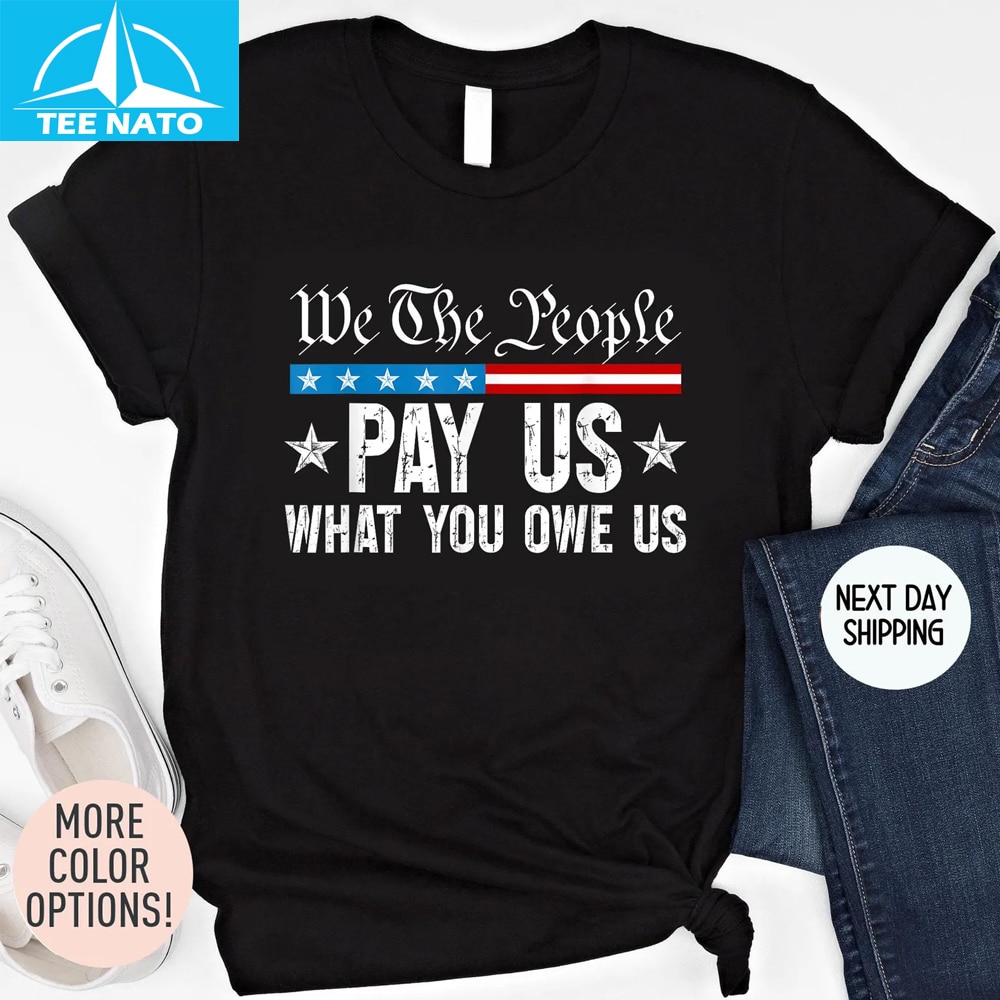
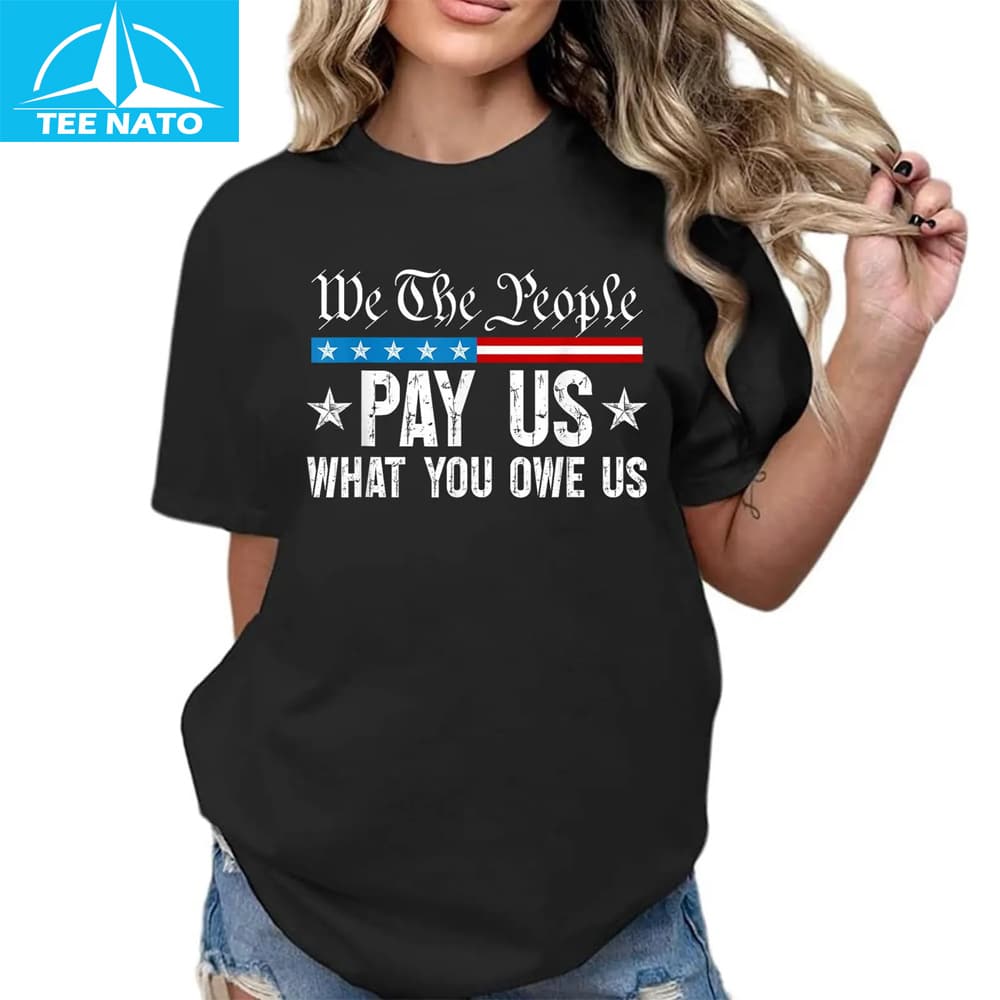
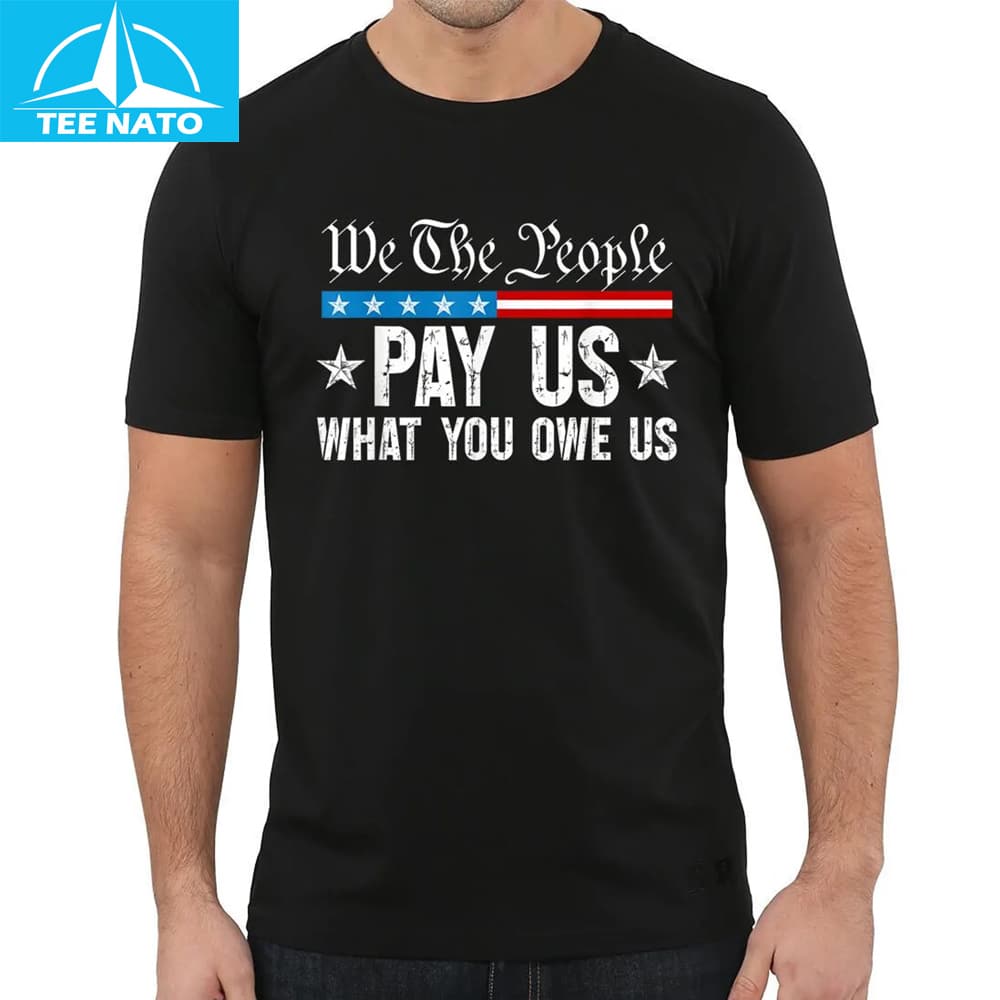
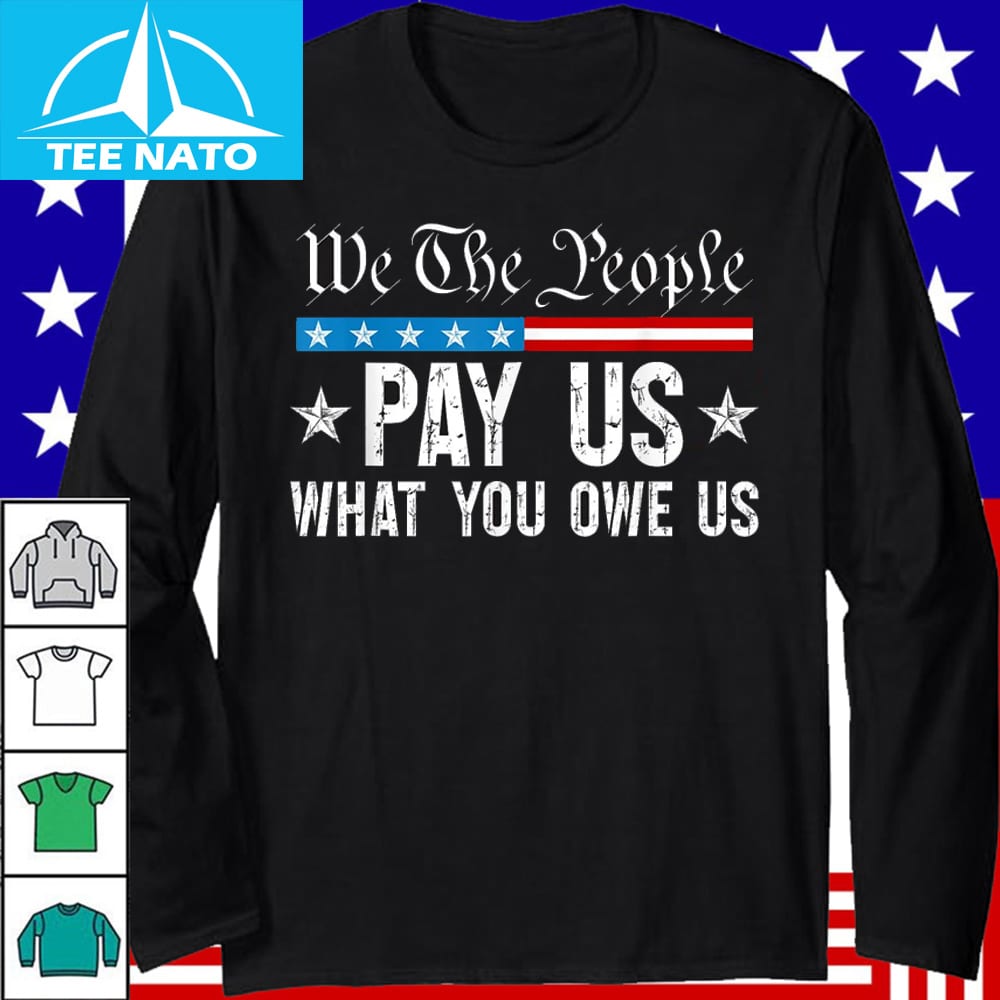
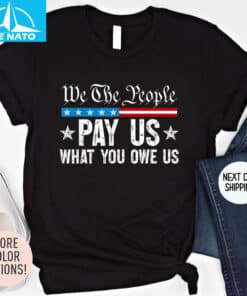
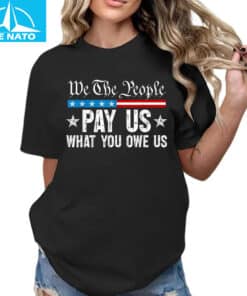
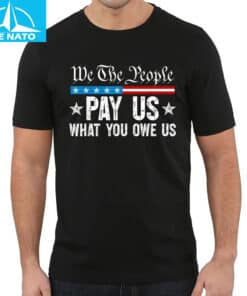
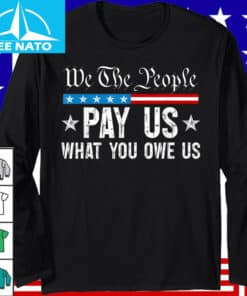





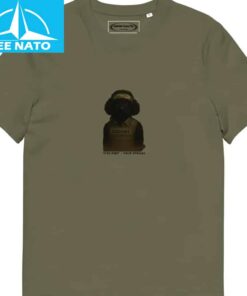
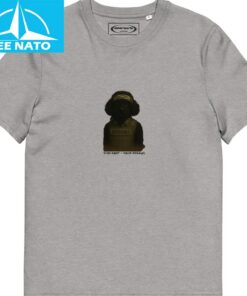


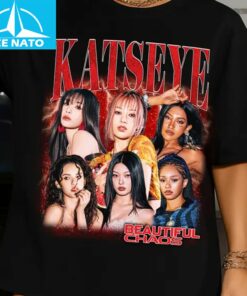
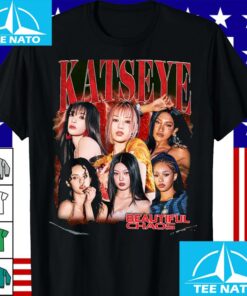

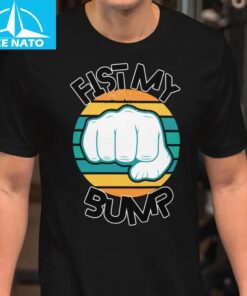










Reviews
There are no reviews yet.